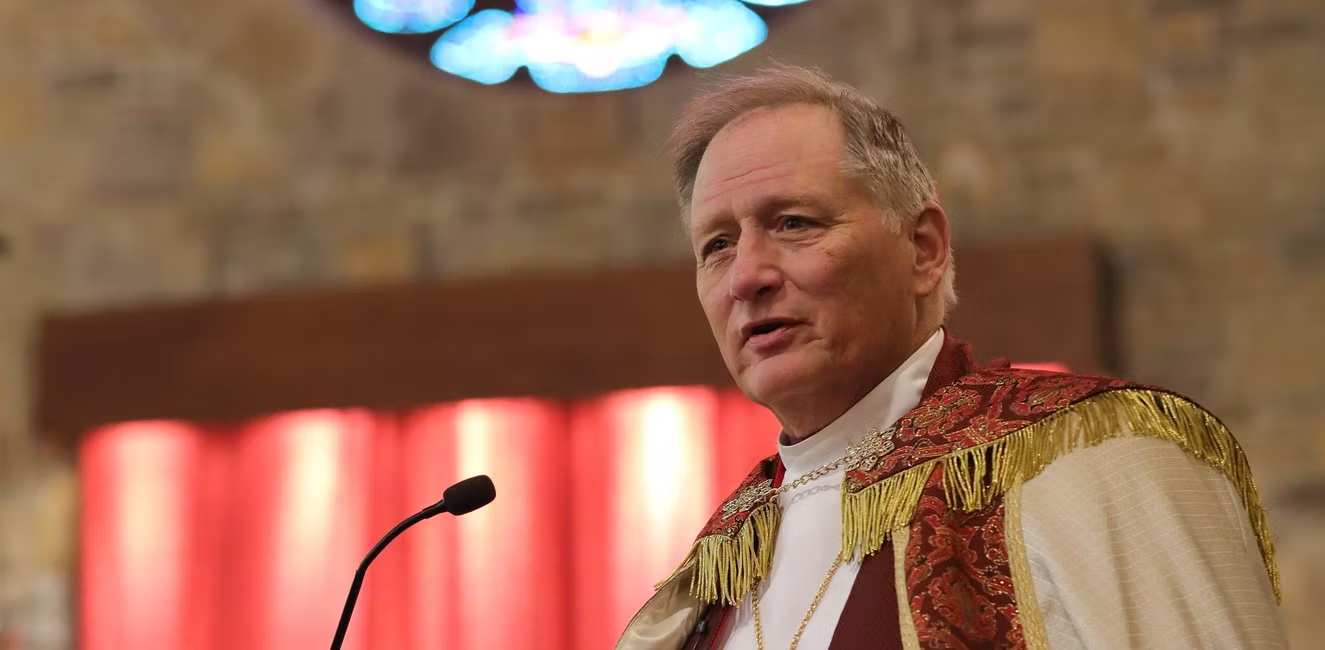The most eye catching conclusion of the Independent Inquiry into Child Sexual Abuse (IICSA) report into the Church of England and the Church in Wales, released on 6th October, was that the Church of England’s senior leadership had been much more interested in reputation management than the safety of children, an approach which has now of course proved to be spectacularly self-defeating.
The report summarises the problem as being that ‘the Church’s neglect of the physical, emotional and spiritual well-being of children and young people in favour of protecting its reputation was in conflict with its mission of love and care for the innocent and the vulnerable’ and ‘The primary concern of many senior clergy was to uphold the Church’s reputation, which was prioritised over victims and survivors’ which led to ‘a culture of “almost unchallengeable authority” in the Church.’
Unsurprisingly, one of IICSA’s main recommendations is therefore that bishops should be removed from operational responsibility for safeguarding children. When we recall that, in the words of the Ordinal, a bishop is to ‘Be to the flock of Christ a shepherd, not a wolf’ and to ‘Hold up the weak, heal the sick, bind up the broken, bring again the outcasts, seek the lost’ we see that this scandal is symptomatic of an episcopate that is in urgent need of reform.
This instinct to place the interests of the institution before the purposes the institution is supposed to serve does not just come into play when confronted with claims of abuse. It also explains why the bishops of the Church of England have repeatedly failed to maintain the boundaries of apostolic faith despite their canonical duty to ‘banish and drive away all erroneous and strange opinions’ (Canon C18.1). Perversely, leading bishops have actually been at the forefront of welcoming ‘erroneous and strange opinions’ and it is in this context that I myself experienced the culture of “almost unchallengeable authority” exposed by IICSA.
One of the prime examples given in the report is Archbishop George Carey’s handling of the allegations against Bishop Peter Ball. Twenty years ago as an incumbent in Worcester Diocese, I found myself in impaired communion with the then diocesan bishop, Dr Peter Selby, as a result of his public repudiation of Lambeth Resolution I.10 in which he outrageously likened the Lambeth 1998 conference to a Nazi Nuremburg rally. Despite national media interest, I was never able to meet the Archbishop and was simply sent a letter from Lambeth Palace telling me that if I could not accept the authority of the diocesan bishop, I should resign. I had come up against the same wall of “almost unchallengeable authority” as Peter Ball’s victims.
To be fair to Archbishop Carey, he was simply mirroring the weakness of the House of Bishops as a whole. Their preoccupation with maintaining the Church’s institutional status, which necessitates the good will of a deeply secularised liberal elite, has continued unabated. The House of Bishops guidance of December 2018 on repurposing the rite of the reaffirmation of baptismal vows for gender transition revealed just how far they were prepared to go as they boldly repurposed the dominical sacrament of our new identity in Christ to celebrate a self-made identity in direct conflict with God’s purpose in creation.
A proper ecclesiological response to the IICSA report is therefore to see it as a call not just for reform of safeguarding procedures, but as highlighting the need for a reformed episcopate. Some may feel that things have gone too far in the Church of England and a fresh start must be made with alternative structures such as the Gafcon endorsed Anglican Mission in England, but whatever the case the starting point must be that bishops derive their authority first and foremost from faithful ministry of the Word of God.
For the sixteenth century Reformers, the Church is creatura verbi divini, the creature of the divine word. Then as now, though in a radically different manifestation, the essential problem is that the creaturely Church has usurped the creating Word by tolerating, and even promoting, a different gospel to that which we have received in the Apostolic witness. And if the gospel itself can be compromised for the sake of institutional expediency, it is hardly surprising if the proper care of children is compromised too.



